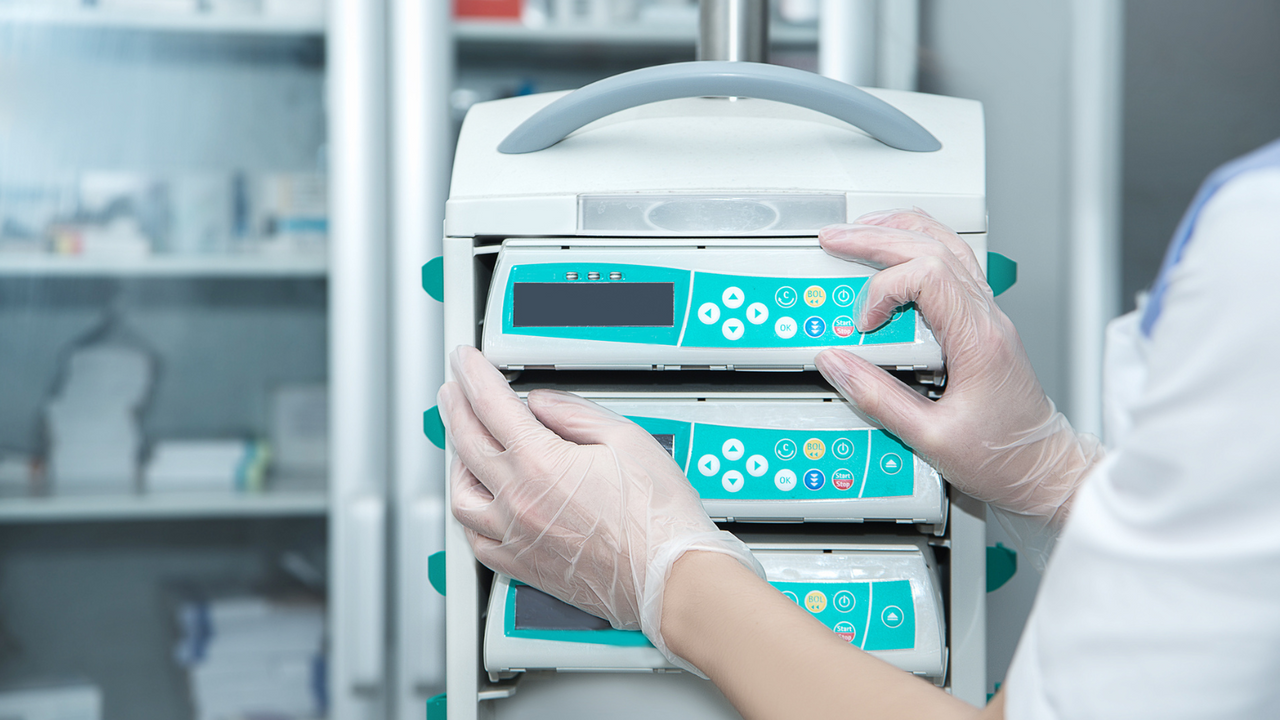Selecting the Right Medical Equipment: Factors to consider.
Selecting the Right Medical Equipment: Factors to Consider
The field of medical equipment and supplies is vast, ranging from simple bandages to advanced diagnostic machines. With technological advancements, the number of available options has also multiplied, making the decision-making process for healthcare professionals increasingly complex. Whether you're an independent physician, hospital administrator, or someone looking to equip a home-based care setting, it's imperative to choose the right equipment for optimal patient care. Here's a comprehensive guide on the factors to consider when making your selection:
- Purpose and Functionality
- Understand the primary purpose of the equipment. Is it for diagnosis, therapy, monitoring, or rehabilitation?
- Ensure the equipment provides accurate results and meets the specific needs of the treatment or procedure.
- Quality and Standards
- Always opt for equipment that meets or exceeds industry standards.
- Check for necessary certifications, which might vary from one country to another. For instance, in the US, FDA approval might be a vital consideration.
- Durability and Lifespan
- Medical equipment can be a significant investment. Consider its durability and how long it's expected to last.
- Inquire about warranties and what they cover.
- User-Friendliness
- Equipment that is easy to use can reduce the chances of errors.
- Check if the manufacturer provides training on its use.
- Maintenance and After-Sales Support
- Understand the maintenance requirements. How often does it need servicing? Can your in-house team handle it, or do you need to call in specialists?
- Ensure the manufacturer or supplier provides reliable after-sales support.
- Technological Advancements
- Consider whether the equipment uses the latest technology, as this might offer improved outcomes and efficiency.
- Think about the future. Is the equipment upgradeable as new advancements occur?
- Budget Constraints
- While it's essential to purchase the best equipment, it's equally important to work within your budget.
- Consider factors like financing options, potential for return on investment, and total cost of ownership (including maintenance costs).
- Size and Space
- Consider the size of the equipment, especially if space is a constraint in your facility.
- Think about installation requirements. Does it need special infrastructure or power considerations?
- Supplier's Reputation
- Research the supplier's reputation. Look for reviews, testimonials, or case studies.
- A trusted supplier will offer quality products, provide essential training, and support you post-purchase.
- Patient Comfort
- Especially relevant for equipment used directly on or by the patient, comfort can impact the patient's experience and, in some cases, the results of the procedure.
- Environmental Considerations
- Opt for equipment that is energy-efficient.
- Consider the environmental impact of disposables if any are associated with the equipment.
- Compatibility with Existing Systems
- Ensure the new equipment can integrate seamlessly with the existing systems in your facility. This is especially critical for equipment that needs to sync with electronic health record systems.
In conclusion, selecting the right medical equipment is a combination of understanding your specific needs, doing thorough research, and perhaps consulting with peers or specialists in the field. Your decision can significantly impact the quality of care, patient satisfaction, and operational efficiency, so invest the time and resources to make an informed choice.
Truway Health News & Insights
Consistency Over Intensity: How to Make Wellness Stick
Consistency Over Intensity: How to Make Wellness Stick Wellness and self-care goals often start with...
Mobile‑Integrated Behavioral Activation With Wearable Sensor Support and Decentralized Verification: Protocol for a Randomized Behavioral Trial
Abstract Background: Behavioral activation delivered through mobile platforms has shown promise for...
When Your Body Won’t Settle Down Everyday Habits That Calm Inflammation
When Your Body Won’t Settle Down: Everyday Habits That Calm Inflammation Inflammation is a normal bi...
Truway Health Launches Innovative In-Vitro Cryo-Therapeutic Clinical Study
Advancing Cellular Preservation, Precision Therapy, and Translational Science Truway Health, Inc. is...
Everyday Stress, Handled: Practical Ways to Feel More Steady Day to Day
Everyday Stress, Handled: Practical Ways to Feel More Steady Day to Day Everyday stress is the mind-...
Creating Your Personalized Health Roadmap: Break Bad Habits and Build Long-Term Well-Being
Creating Your Personalized Health Roadmap: Break Bad Habits and Build Long-Term Well-Being Improving...







